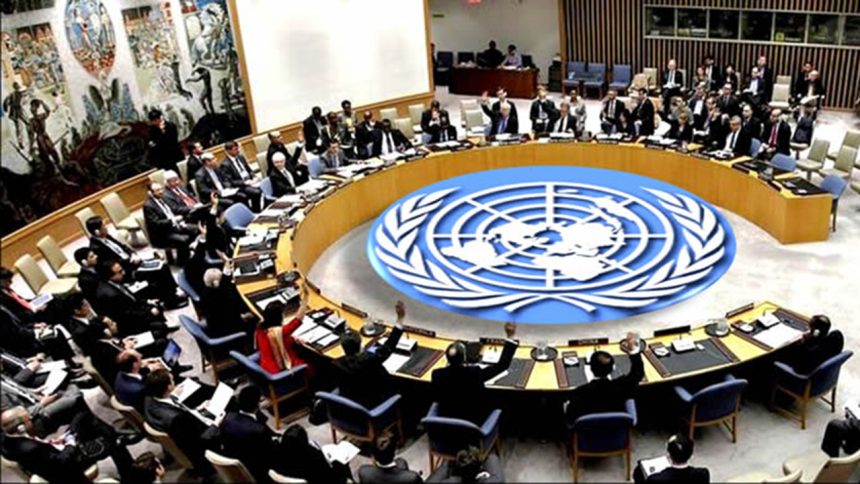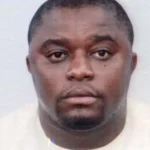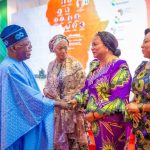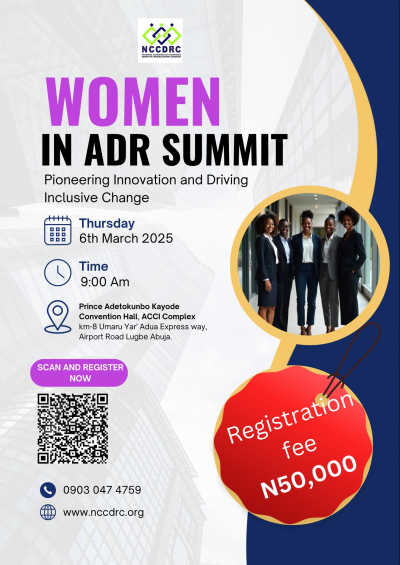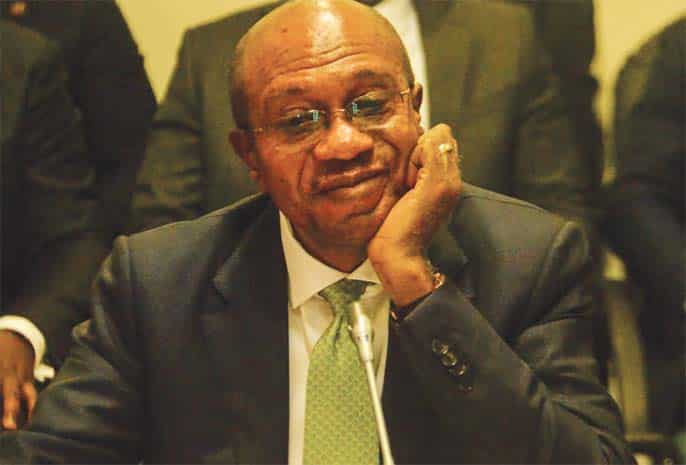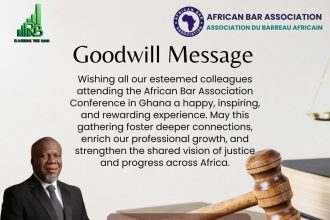President Bola Ahmed Tinubu has renewed Nigeria’s demand for a permanent seat on the United Nations Security Council (UNSC), stressing that true global representation must reflect today’s realities and not outdated world orders.
Tinubu, represented by Vice President Kashim Shettima, made the call during his address at the general debate of the 80th Session of the United Nations General Assembly (UNGA) in New York.
The President declared that Nigeria’s case is a matter of fairness, legitimacy, and credibility for the UN:

“Nigeria must have a permanent seat at the UN Security Council. This should take place as part of a wider process of institutional reform. Our case for permanent seat at the Security Council is a demand for fairness, for representation, and for reform that restores credibility to the very institution upon which the hope of multilateralism rests.”
Tinubu highlighted Nigeria’s growth from a colony of 20 million at the founding of the UN to a sovereign nation of over 236 million today, projected to become the third most populous country in the world. He also cited Nigeria’s record as a stabilising force in regional security and its participation in 51 of the UN’s 60 peacekeeping operations since independence.
On the conflict in the Middle East, the Nigerian leader reiterated that the two-state solution remains “the most dignified path to lasting peace for the people of Palestine.” He stressed that Nigeria stands as a peacemaker, rejecting the politicisation of human life:
“We say, without stuttering and without doubt, that a two-state solution remains the most dignified path to lasting peace for the people of Palestine. We come not as partisans, but as peacemakers. We come as brothers and sisters of a shared world.”
Tinubu also challenged the UN to reform its structures or risk becoming irrelevant in addressing global challenges. He warned that the organisation’s slow response to crises, coupled with the gulf between its declarations and actions, continues to erode its credibility.
“For all our careful diplomatic language, the slow pace of progress has led some to look away from the multilateral model. When we speak of nuclear disarmament, Security Council reform, fair access to trade and finance, and the conflicts and human suffering across the world, we must recognise the truth: these are stains on our collective humanity.”
The President further underscored Africa’s role in shaping the global future, insisting that the continent must benefit equitably from its strategic minerals through investment, partnerships, local processing, and job creation.
Tinubu concluded that sovereignty is a covenant of shared responsibility, emphasising that the survival of nations depends on collaboration and adherence to values that strengthen peace, justice, and humanity.

Source: NAN
Read More:



